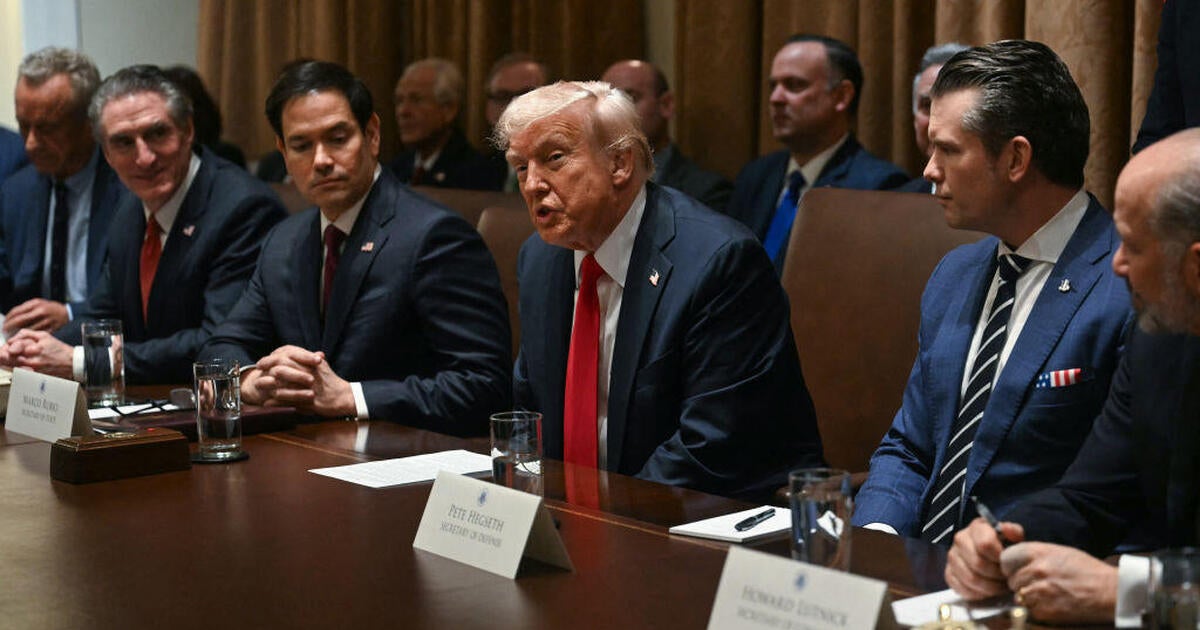In the heart of the nation’s capital, Washington D.C., less than two months have passed since President Trump’s inauguration. Throughout this period, the Republican-led Senate has diligently worked to confirm nearly every single individual nominated by the President for his Cabinet. These critical roles play a pivotal role in shaping the government’s agenda and implementing policies.
The final nominee awaiting the Senate’s green light is Republican Rep. Elise Stefanik of New York, who is being considered for the prestigious post of Ambassador to the United Nations. Stefanik’s confirmation process is currently at a standstill, with no voting date scheduled as of yet. This delay is primarily due to the precarious balance of power in the House of Representatives. The Republicans, with a meager one-vote majority, simply cannot afford to lose another member.
An upcoming event, however, might ease the pressure on the Republicans and allow them to proceed with Stefanik’s confirmation. On April 1, special elections will be conducted to fill two vacant seats in the House. This change will provide the much-needed breathing room for Stefanik’s anticipated departure from the House to the United Nations.
Cabinet positions, typically 22 in number, each require Senate confirmation. This process is key to ensuring that the individuals appointed by the President are fit to serve in the federal government. The CBS News tally of Cabinet confirmations also includes the divisive vote for the FBI director. Although this particular post does not technically belong to the Cabinet, it is nonetheless of significant importance.
Despite reservations about some of President Trump’s more controversial picks, Republicans largely fell in line, demonstrating party unity. On the other hand, Democrats showed a remarkable resilience, with very few willing to endorse Trump’s nominees. This reluctance is especially pronounced as the President moves to overhaul the federal agencies that these nominees are expected to oversee.
A handful of Democrats, however, did not shy away from supporting nearly half of the nominees. Senators John Fetterman of Pennsylvania, Ruben Gallego of Arizona, Maggie Hassan of New Hampshire, John Hickenlooper of Colorado, and Jeanne Shaheen of New Hampshire each cast their votes in favor of 10 of President Trump’s nominees.
On the other side of the spectrum, ten Democrats only supported one of President Trump’s nominees. Their sole approval went to Secretary of State Marco Rubio, who had previously represented Florida in the Senate before his confirmation. Rubio was confirmed mere hours after President Trump was sworn into office, making him the only nominee to receive unanimous support. However, this unanimous decision did not last long. At least two of the Democrats who had voted for Rubio, namely Senator Chris Murphy of Connecticut and Senator Chris Van Hollen of Maryland, later voiced their regret. Their remorse was primarily due to the Trump administration’s handling of Ukraine.
In addition to Rubio, seven other nominees garnered substantial support from the Democratic Senators. These nominees include Interior Secretary Doug Burgum, Transportation Secretary Sean Duffy, Veterans Affairs Secretary Doug Collins, CIA Director John Ratcliffe, Agriculture Secretary Brooke Rollins, Treasury Secretary Scott Bessent, and Labor Secretary Lori Chavez-DeRemer.
In the Republicans’ camp, only five out of the 53 Senators in the upper chamber deviated from party lines to vote against at least one of the President’s nominees.
Senator Mitch McConnell of Kentucky led this small group of dissenters with four “no” votes. He voted against Defense Secretary Pete Hegseth, Director of National Intelligence Tulsi Gabbard, Health and Human Services Secretary Robert F. Kennedy Jr., and Labor Secretary Lori Chavez-DeRemer.
Senators Susan Collins of Maine and Lisa Murkowski of Alaska also voted against Hegseth. Their opposition resulted in a tie, prompting Vice President JD Vance to step in and cast a tie-breaking vote. Collins and Murkowski further withheld their support from Kash Patel, who was eventually confirmed as FBI Director by a narrow margin.
Senator Rand Paul of Kentucky, known for his independent streak, voted against Jamieson Greer for U.S. Trade Representative and Lori Chavez-DeRemer for Labor Secretary. Senator Ted Budd of North Carolina voted against only one nominee, Lori Chavez-DeRemer.
Despite these instances of dissent, the majority of Republican senators, 40 in total, unanimously voted in favor of all nominees. Another eight senators would have done the same, had they not been absent during the voting process.
This intense period of confirmations is reflective of the broader political landscape of the country. With a new administration, comes a new team. Each of these nominees, once confirmed, will play a crucial role in shaping the direction of the Trump administration. As the Republicans and Democrats continue to grapple over these confirmations, the stage is set for an intriguing political showdown. The outcome of these processes will undoubtedly have significant implications for the future of the country.









